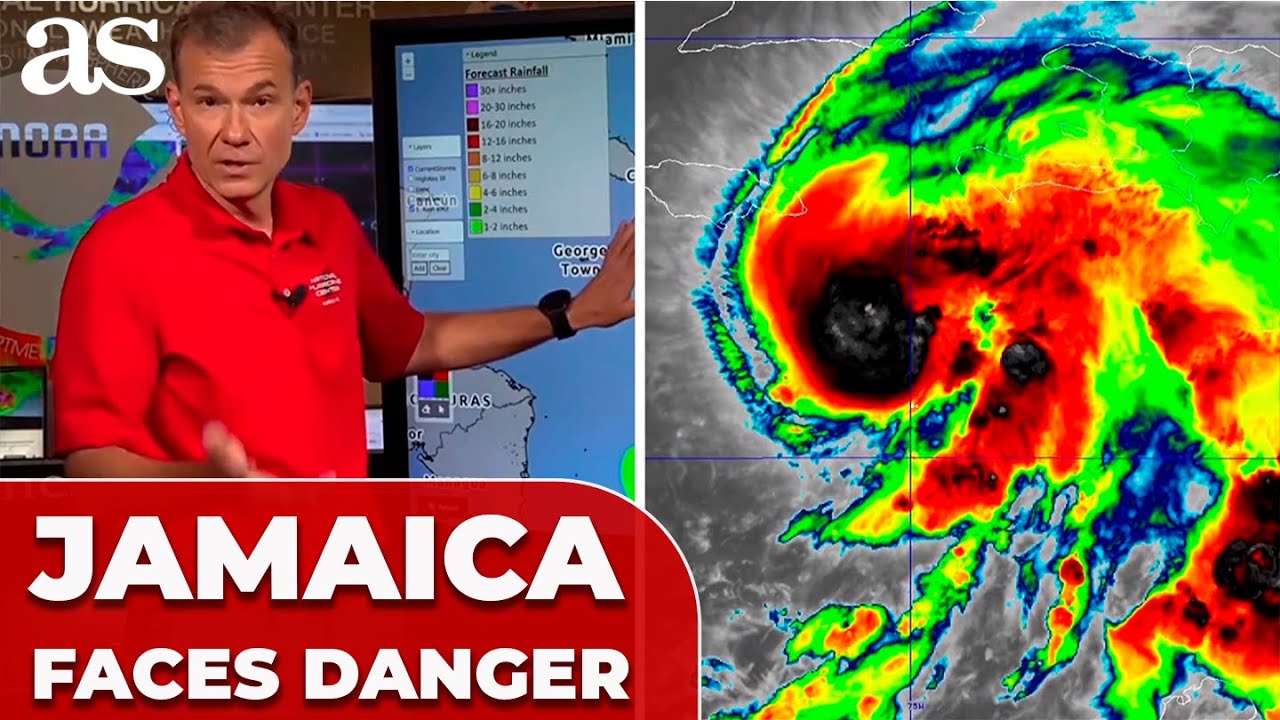
The Growing Concern of Excessive Heat
As climate change continues to influence global weather patterns, excessive heat has emerged as a critical issue for public health and safety. This phenomenon is not just uncomfortable; it can have severe implications on health, environment, and infrastructure. In the UK, increasing temperatures during the summer months have become more prevalent, raising alarm among health officials and the public alike.
Recent Events and Data
A recent report from the Met Office has indicated that the UK experienced record-breaking temperatures in July 2022, with highs reaching 40.3 degrees Celsius (104.5 degrees Fahrenheit). These unprecedented temperatures forced multiple authorities to issue heat health warnings and prompt precautions to mitigate the impact on vulnerable populations. The report highlighted the rise in heat-related illnesses, especially among the elderly, young children, and those with pre-existing health conditions.
In addition to health concerns, excessive heat can disrupt transportation and infrastructure. Railway systems experienced delays during extreme heat events as tracks warped under the intense temperatures, causing significant logistical challenges. Local governments are now revising response strategies to better accommodate these extreme weather conditions.
Health Risks and Recommendations
Prolonged exposure to excessive heat can lead to heat exhaustion, heat stroke, and other serious health conditions. Symptoms include dizziness, nausea, and confusion, which may require immediate medical attention. Experts advocate for preventive measures such as staying hydrated, avoiding strenuous activities during peak heat hours, and ensuring adequate ventilation at home.
Organisations like the NHS and Public Health England are actively disseminating guidelines for the public. They promote the importance of being aware of the signs of heat-related illnesses and encouraging communities to check on vulnerable individuals during heatwaves.
Looking Ahead: The Importance of Preparedness
As climate projections indicate an upward trend in temperatures, communities must adapt to the realities of excessive heat. City planners and policymakers are urged to consider climate resilience in urban designs, implementing green spaces to help cool the environment and investing in public cooling centres. Public awareness campaigns will also play a crucial role in preparing individuals for future heatwaves.
Conclusion
Excessive heat is more than just a summer inconvenience—it poses significant risks that require collective action from individuals and authorities alike. By understanding the dangers inherent in extreme temperatures and prioritising preparedness, we can better protect our communities as we face the escalating impacts of climate change. Awareness and vigilance today will pave the way for safer, healthier tomorrows.
You may also like

Marie Hobinger: A New Force in Environmental Activism

Recent Developments at Thames Water: Challenges and Initiatives

Jamaica Hurricanes: Recent Events and Current Outlook
SEARCH
LAST NEWS
- Remembering Wendy Richard: The Promise to Co-Star Natalie Cassidy
- How Did Anglian Water Achieve an ‘Essentials’ Rating for Mental Health Accessibility?
- Shai Hope Leads West Indies in T20 World Cup Clash Against South Africa
- What We Know About Weston McKennie: Future at Juventus and Past at Leeds
- What We Know About the Upcoming Live Nation Antitrust Trial